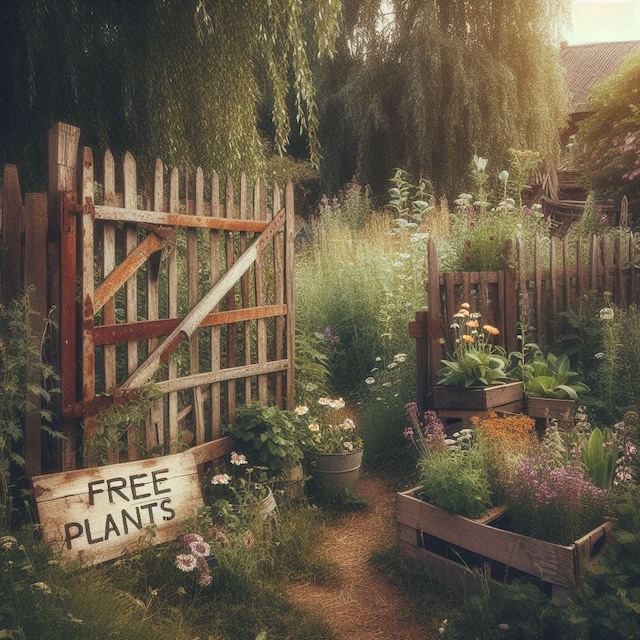Chesterton’s Fence is a principle that stresses the importance of understanding the rationale behind existing traditions or norms before attempting to change or abolish them. The idea was first put forth by G.K. Chesterton, a renowned British writer and philosopher, in his 1929 book, ‘The Thing.’ The principle argues that we should not blindly dismantle or alter a longstanding practice simply because we don’t understand its purpose or value. Instead, we should take the time to study and appreciate the historical context and reasoning behind it. Chesterton’s Fence suggests that these traditions may have been put in place for a legitimate reason, and that removing them may have unintended consequences. Thus, before making changes, we should first examine why the tradition exists and whether it still serves a purpose in the present day. This principle is especially relevant in fields such as law and politics, where policies and regulations are often rooted in long-standing traditions and precedents. By taking the time to understand the rationale behind these practices, we can make more informed decisions and ensure that any alterations we make are truly beneficial:
‘In the matter of reforming things, as distinct from deforming them, there is one plain and simple principle; a principle which will probably be called a paradox. There are reformers who get over this difficulty by assuming that all their fathers were fools; but if that be so, we can only say that folly appears to be a hereditary disease. But the more rational attitude is to assume that our fathers were not fools; and if they were not fools, they had some reason for thinking what they did. It is still more likely that this reason acted to preserve the life and health of mankind; and it is perfectly probable that we would be much the worse for losing it. The modern type of reformer goes gaily up to it and says, ‘I don’t see the use of this; let us clear it away.’ To which the more intelligent type of reformer will do well to answer: ‘If you don’t see the use of it, I certainly won’t let you clear it away. Go away and think. Then, when you can come back and tell me that you do see the use of it, I may allow you to destroy it.’’ — G.K. Chesterton
-=-
by Paul Wadey, 12.12.2023
-=-
In the quiet of thought’s reflective hours,
Where echoes of past and future blend,
Two visions rise, in contrast and power,
G.K.’s fence, and Progress’s trend.
The former, steadfast as an ancient oak,
Rooted deep in history’s fertile ground,
Its branches whisper wisdom, to confirm
The need to understand before new paths are found.
A reverent echo from time’s hallowed lore,
It speaks of growth, both measured and wise,
A journey through time’s muddle with care,
Urging us to see through our ancestor’s eyes,
To honour the Why, not just the Where.
G.K.’s fence, a sentinel of yore,
Guides us to tread lightly on paths trodden before.
Yet, as the dawn breaks with fiery zest,
Progress’s voice rises west and east,
A clarion call for the oppressed, the repressed,
To shake off the chains, and at the feast,
Of justice, equality, take their seat.
It looks not to the past, but to what might be,
A world reborn from the ashes of defeat,
Where every soul is cherished, dreams soar free.
This vision, like dawn’s first hopeful hue,
Sees not just the cracks but the light shining through,
Urges us to reach, to stretch, to grow,
To seek not just the high, but also the low.
In Progress’s eyes, a brighter day awaits,
A future forged by love, not by fates.
And there, in the storm’s eye, radical thought takes flight,
A tempest of change, where stars ignite.
Radical thought, unchained, unrestrained,
Sees not just the flawed, but the utterly unhinged.
It calls for a revolution, a complete rebirth,
A new world order, a different Earth.
A canvas for dreams, where new worlds are born.
Where G.K.’s fence seeks to preserve and protect,
Radicalism dares to completely reject,
The old ways, the old paths, the well-worn road,
In favour of a future, radically re-sowed.
In this vision, the world is a canvas, blank and wide,
A place for new dreams, new hopes to reside.
In time’s lush garden, where these visions gel,
Each a potent story, in our hearts to swell.
Do we stand with the past, its lessons to heed,
Or march towards the future, where new seeds we’ll need?
With caution do we walk, with thoughtful stride,
Or chase tomorrow’s dreams, wide-eyed and bold?
The choices we make, in the governing glow,
Shape not just our path, but the world we know.
G.K.’s fence, with its wisdom old,
Progress, with its vision bold,
And Radical thought, fierce and uncontrolled,
In their dance, the story of our time is told.
So let us ponder, in the decisive hour,
The weight of the past, the future’s power.
In the balance of what was and what could be,
Lies the gradual path to shared destiny.
A passage filled with insight, hope, and strife,
In life’s rich needlepoint, convolutedly entwined.

Leave a comment